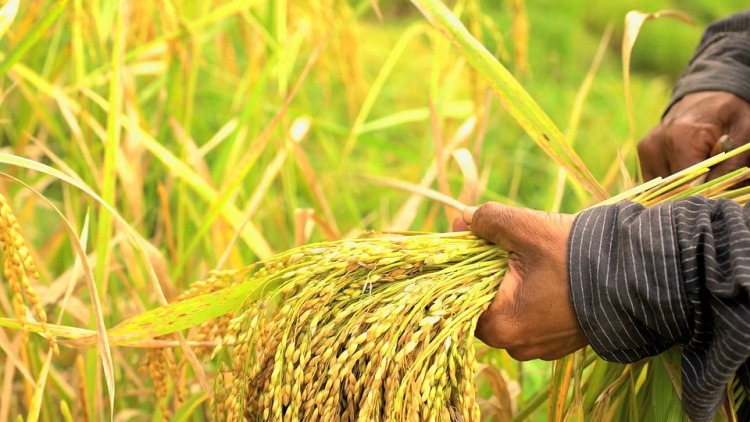CropIn commissioned to assess crop damage completes first phase in Karnataka

- Country:
- India
Agri-tech firm CropIn Monday said it has completed the first phase of the pilot study in Karnataka that tested the effectiveness of modern technologies in assessing crop yield loss, for payment of claims under the Pradhan Mantri Fasal Bima Yojana (PMFBY). CropIn is one amongst the nine private agencies and research institutions which have been roped in by the central government to conduct the pilot studies in 11 states.
Currently, the crop cutting experiment (CCE) — the traditional random survey method — is used to estimate crop yields of a location. "The pilot study was initiated in September 2018, and concluded with the CCE of rabi (winter) crops in February 2019," CropIn said in a statement.
The findings have been submitted to the union agriculture ministry. CropIn conducted the CCE using scalable yield mapping technology through remote sensing in Koppal and Bellary districts of Karnataka.
The company used its 'SmartFarm and SmartRisk applications' that collectively enables accurate and efficient execution of CCE, resulting in timely clearance of claims. The SmartFarm, a digital farm management solution, captures the precise location and size of the farm and the details of the farmer at the time of conducting the CCE. This ensures the field data is accurate, enabling complete visibility and transparency in the CCE process.
Whereas the SmartRisk, an artificial intelligence (AI) and machine learning (ML) powered digital platform, makes use of ground level data and satellite imagery to identify the plots that are apt for CCE experiments. "With the help of this data, government officials can easily identify the right plots that should be included in the study, removing all ambiguity from the process of selection," the company said.
Apart from offering a more optimised method of plot selection, this platform also helps in providing the government and insurance companies with scientific, scalable, and accurate reports for processing of insurance claims and crop yield assessments, it added. Under the PMFBY, states are required to carry out at least four CCEs in every village panchayat for each crop and submit the yield data to insurance companies within one month of harvest.
It has become a challenge to conduct CCEs in a short span considering 2.5 lakh gram panchayats in India. In this backdrop, the agriculture ministry wants to use modern technologies to get the crop yield figures faster and accurately for payment of crop insurance claims.
(With inputs from agencies.)
- READ MORE ON:
- Intelligence agency
- Travel agency
- Modeling agency
- Kjell & Company
- The Pizza Company
- Noodles & Company
- Central government
- Local government
- Government of India
- United States of America
- Anatomical terms of location
- State Farm
- United Farm Workers
- The Farmers Bank
- Farmers Branch
- Farmers' market
- States of India
- U.S. state
- CropIn
- agencies
ALSO READ
From Remote Maharashtra Village to JEE Mains Triumph: Farmer's Son Conquers Academic Heights
Ukraine frees farm minister on bail pending probe into graft allegations
Punjab CM Mann Expresses Gratitude to Farmers for Following Guidance on Paddy Variety Selection
Cattle Menace: A Pressing Issue for Farmers in Western Uttar Pradesh
Kristi Noem, a Trump VP contender, defends killing dog on family farm










